7 Apple Cider Vinegar Substitutes That Work Well
Apple cider vinegar substitutes often rescue recipes when this tangy ingredient runs out at home.
Panic can strike home cooks midway through meal preparation upon realizing a key component is missing from the pantry.
The good news? Several alternative options can effectively replace this versatile liquid without compromising flavor or function.
Each substitute brings its own unique characteristics to dishes, making the absence of apple cider vinegar barely noticeable in most recipes.
Smart replacements allow you to continue cooking without interruption or emergency trips to the grocery store.
The acidity and flavor profiles vary among these alternatives, so consideration of the specific dish remains important for best results.
Ready to transform your kitchen emergencies into culinary opportunities with these clever stand-ins?
Apple Cider Vinegar Alternatives
Apple cider vinegar not being on the shelf can be managed quickly with a substitute that works in the same way. Doing so keeps the entire process smooth and efficient.
White Wine Vinegar
Apple cider vinegar not to your liking?
White wine vinegar can be easily replaced with alternatives like sherry or red wine vinegar in many recipes.
Sherry vinegar offers a slightly sweeter, richer taste while still complementing other flavors rather than overwhelming them.
Because of its darker color, recipes typically require more sherry vinegar compared to white wine varieties.
For those seeking a milder option, apple cider vinegar is an excellent substitute with similar acidity levels, making it perfect for marinades and pickled foods.
Many people prefer apple cider vinegar for its potential health benefits, particularly its reputation for helping reduce belly fat.
Lime Juice
Substituting ingredients when cooking can save your recipe when you're out of a key item.
Apple cider vinegar works well in many dishes, especially salad dressings, while lemon juice offers a similar acidity without added sugar.
Many home cooks prefer lime juice for its more pronounced tartness, though it's less commonly found in typical recipes.
Regular vinegar remains a reliable backup option, despite its sometimes harsh flavor profile.
The beauty of substitutions lies in their ability to maintain the essential character of your dish even when the original ingredient isn't available.
Most grocery stores carry these alternatives, making it easy to adapt recipes based on what you already have in your kitchen.
Lemon Juice
Looking for a substitute when apple cider vinegar runs out?
Lemon juice comes to the rescue as the most popular alternative because of its similar acidic and fruity profile.
Many cooks replace one tablespoon of apple cider vinegar with the same amount of lemon juice in recipes without compromising flavor.
Both ingredients contain natural acids that help break down proteins and make food more digestible, though lemon juice contains citric acid while apple cider vinegar gets its tang from acetic acid.
Apple cider vinegar forms naturally during apple fermentation and offers various health benefits alongside its role as a preservative and flavoring agent.
Sherry Vinegar
Sherry vinegar makes a fantastic substitute for apple cider vinegar in recipes, offering a slightly sweeter profile while maintaining necessary acidity for cooking.
The flavor difference is noticeable but works beautifully in most savory dishes where apple cider vinegar would normally be used.
For proper substitution, simply use the same amount of sherry vinegar as you would apple cider vinegar in your recipe.
Many home cooks appreciate that both vinegars are relatively affordable and commonly found in kitchen pantries across the country.
Orange Juice
Substitution of orange juice becomes necessary when this tangy ingredient is unavailable in your kitchen.
Orange extract offers a concentrated alternative, though it lacks the fresh nutrients of actual juice and should be used sparingly since its flavor can quickly overpower dishes.
Tangerine juice makes an excellent replacement with its similar citrus profile, but watch out for its slightly higher acidity that might affect your recipe.
Lemon or lime juice can provide the needed tartness, though their distinct flavors will subtly change your dish's taste profile.
Grapefruit juice works well for acidity but brings a bitter undertone that may require additional sweetening to balance the flavor.
Balsamic Vinegar
Substituting a blend of honey or maple syrup with apple cider vinegar creates a remarkable alternative to balsamic vinegar in many recipes.
This 1:1 replacement works beautifully in salad dressings, marinades, and drizzles for roasted vegetables or fresh fruits.
The natural sweetness from the honey or maple syrup balances the vinegar's tartness, mimicking balsamic's complex flavor profile without the need for aging or special ingredients.
Home cooks should note the darker appearance of this mixture will change the visual presentation of lighter-colored dishes.
Malt Vinegar
Malted barley vinegar comes from fermented malted barley, following the beer-making process that gives it a unique yeasty taste.
The mild, sweet profile of this vinegar makes it a good substitute for apple cider vinegar in many recipes.
Some cooks appreciate how its distinctive flavor adds character to dishes like fish and chips or homemade pickles.
Our taste buds might detect a slight difference when using it instead of other vinegars since that yeasty quality can subtly change a dish's flavor profile.
People with gluten sensitivities should look for alternatives because the barley base contains gluten, making malt vinegar unsuitable for gluten-free diets.
When to Avoid Substituting Apple Cider Vinegar
Apple cider vinegar (ACV) is loved for its fruity tang and gentle acidity, but there are times when swapping it for another ingredient just doesn’t give you the same result.
In these cases, it’s worth using the real thing to keep your recipe safe, tasty, and true to its original flavor and texture.
How to Adjust Recipes When Swapping Apple Cider Vinegar
Swapping apple cider vinegar in a recipe is easy when you make a few simple adjustments to keep the taste, acidity, and texture balanced:
Match Acidity
Choose a substitute vinegar with a similar acidity level (like white wine or rice vinegar) to keep flavors bright and recipes safe for canning or pickling.
Tweak for Flavor
ACV has a fruity tang, add a little apple juice or a pinch of sugar to white vinegar to mimic that gentle sweetness.
Watch the Amount
Some vinegars are stronger or milder than ACV. Start with less, then add more to taste so your dish doesn’t get too sharp.
Consider Color
ACV is light in color, so using dark balsamic or red wine vinegar may change the appearance of dressings or pickles.
Check Baking Reactions
When swapping in baked goods, ensure your new vinegar will react with baking soda for rising, or use lemon juice as a backup.
Taste and Adjust
Always taste before finishing and tweak with extra seasoning, sugar, or acid to achieve the right balance.
Common Questions About Apple Cider Vinegar Alternatives
1. Will a substitute change the taste of my dish?
Yes, each vinegar or citrus juice has its own unique flavor, so your dish may taste slightly different but should still be delicious.
2. Can I use lemon juice instead of apple cider vinegar?
Yes, lemon juice provides a similar acidity and brightness, making it a good substitute in salad dressings, marinades, and baking.
3. Is white vinegar a good alternative to apple cider vinegar?
White vinegar is more acidic and less sweet. Use a little less than the recipe calls for and adjust to taste as needed.
4. Are there any non-acidic substitutes for apple cider vinegar?
If you need less acidity, try diluted white grape juice or apple juice, but note that they won’t have the same preserving or flavoring properties.
5. Can I use balsamic vinegar instead of apple cider vinegar?
Balsamic vinegar is sweeter and darker, so use it in recipes where its flavor and color will complement the dish.
6. Are there gluten-free alternatives to apple cider vinegar?
Most vinegars and lemon juice are naturally gluten-free. Always check labels to ensure no cross-contamination if you have gluten sensitivities.

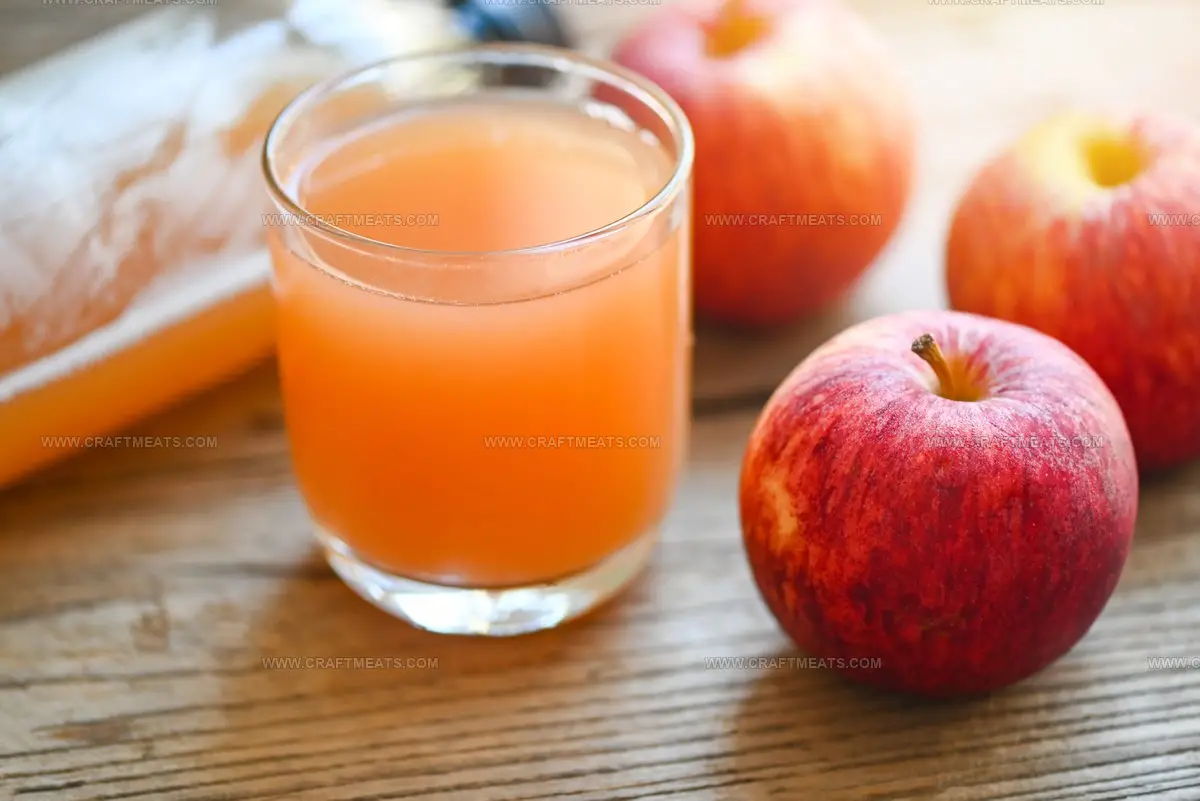
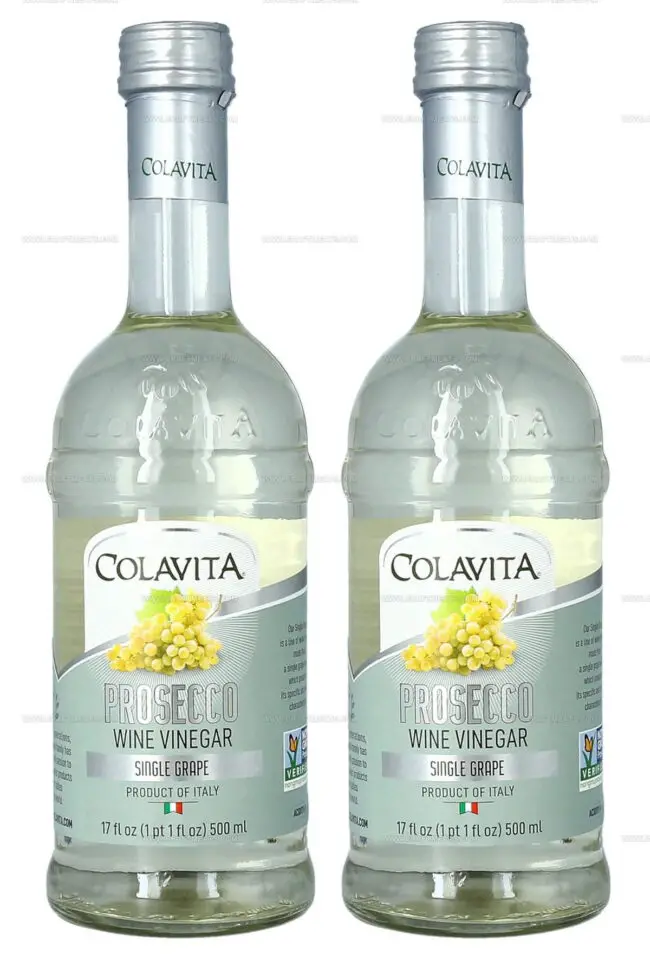
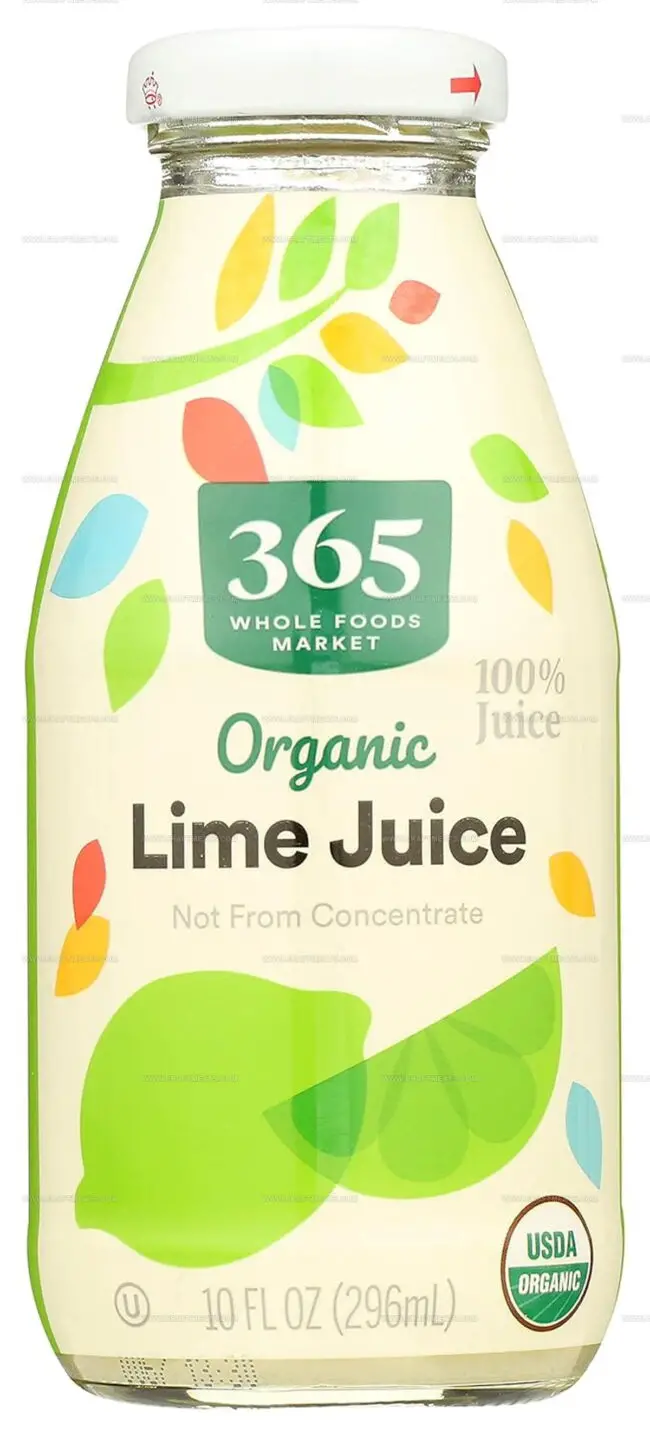

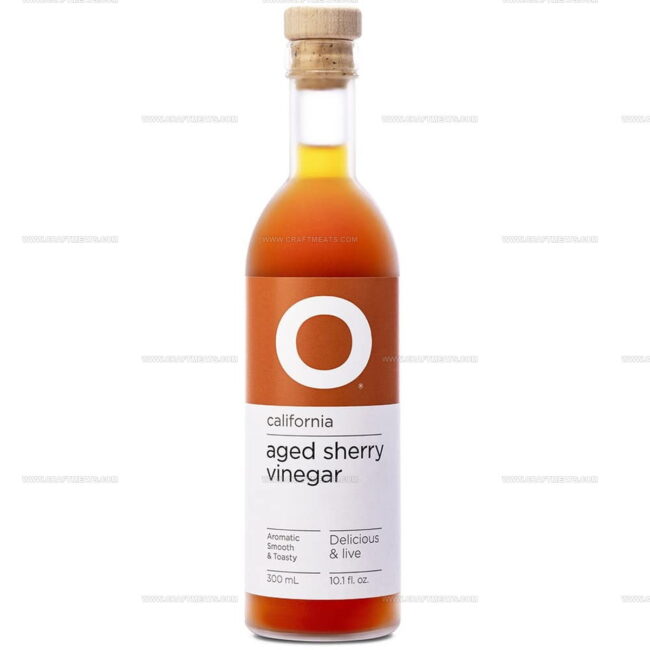
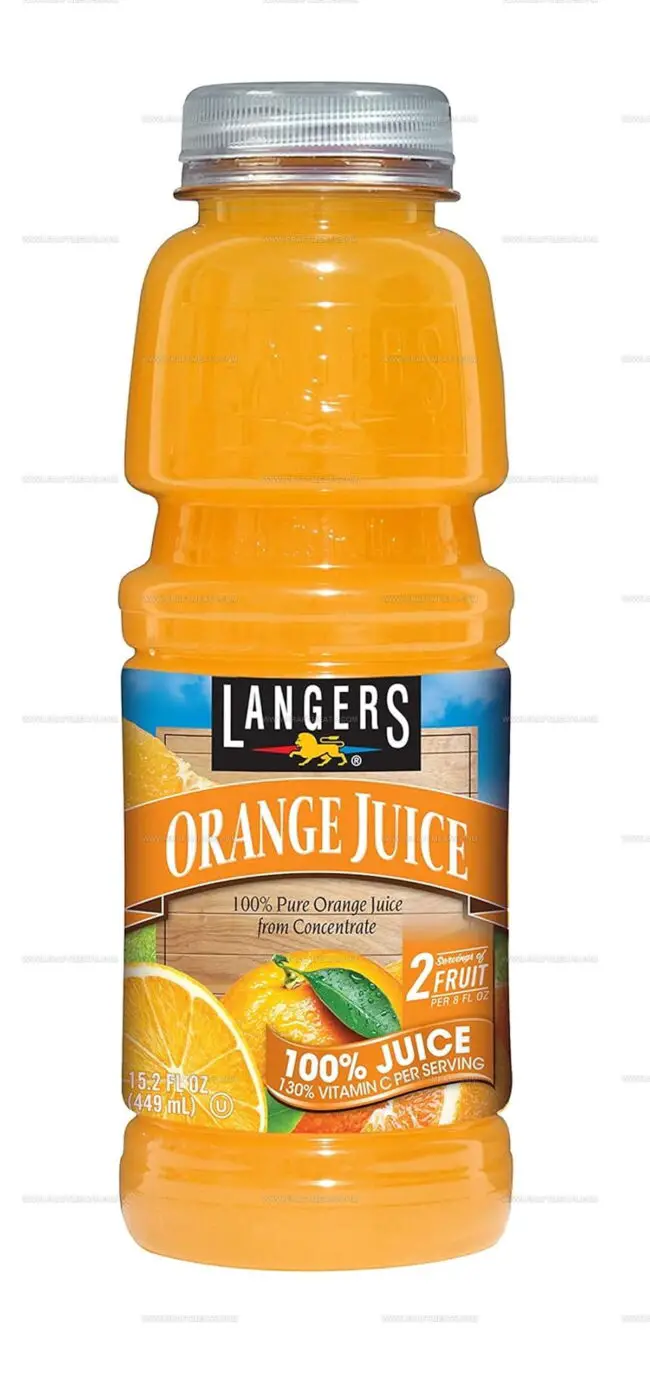
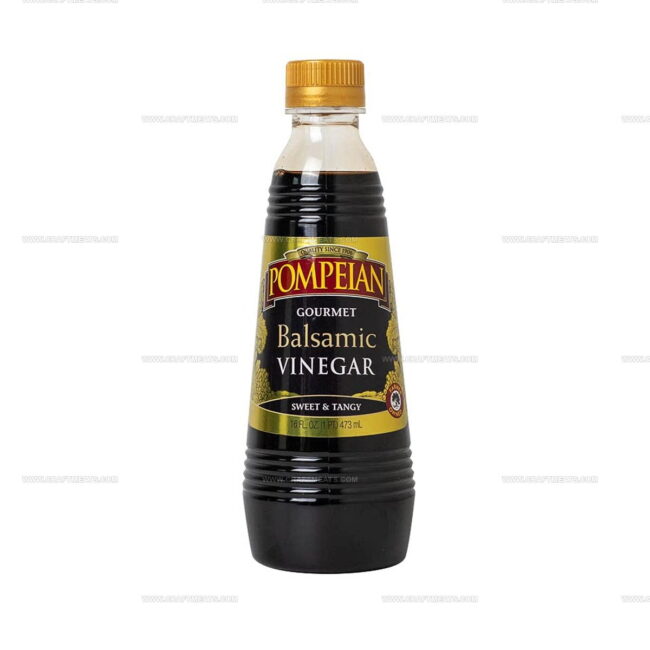
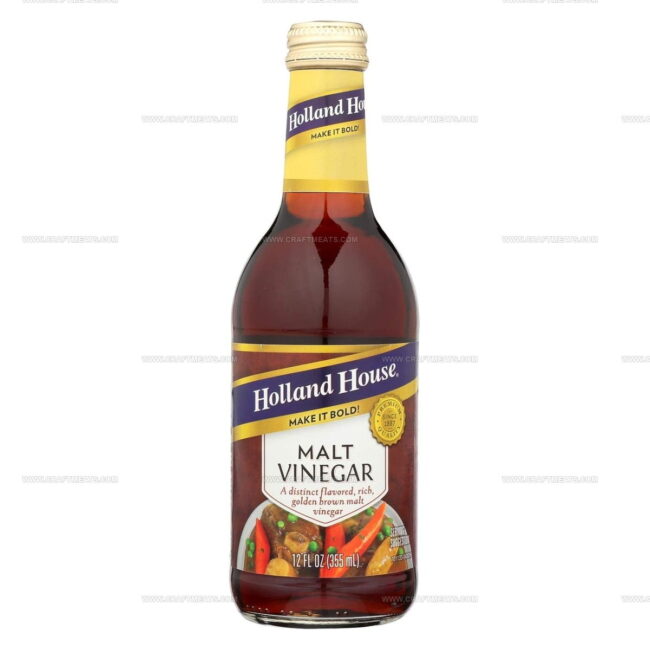
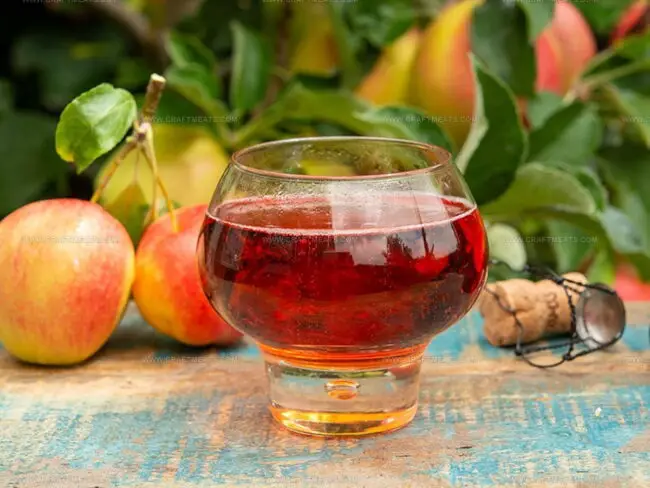
Isabella Rossi
Founder & Culinary Content Creator
Expertise
Recipe Development, Traditional Irish and European Cuisines, Food Styling and Photography, Culinary Education
Education
Dublin Institute of Technology (DIT) – School of Culinary Arts and Food Technology
Ballymaloe Cookery School
Liam is the voice behind many of Craft Meats’ most flavorful features. With roots in Dublin’s smoky barbecue scene and a culinary degree from the Dublin Institute of Technology, he brings time-tested cooking techniques to life.
His training at Ballymaloe Cookery School sharpened his farm-to-table approach, giving him a deep respect for every ingredient he writes about.
He’s not about overcomplicating the process, just helping you cook meat that’s worth talking about. When he’s not writing or grilling, he’s out foraging or nerding out on regional spice blends to add to his next recipe.